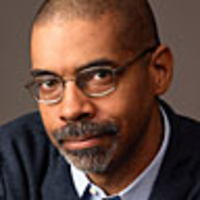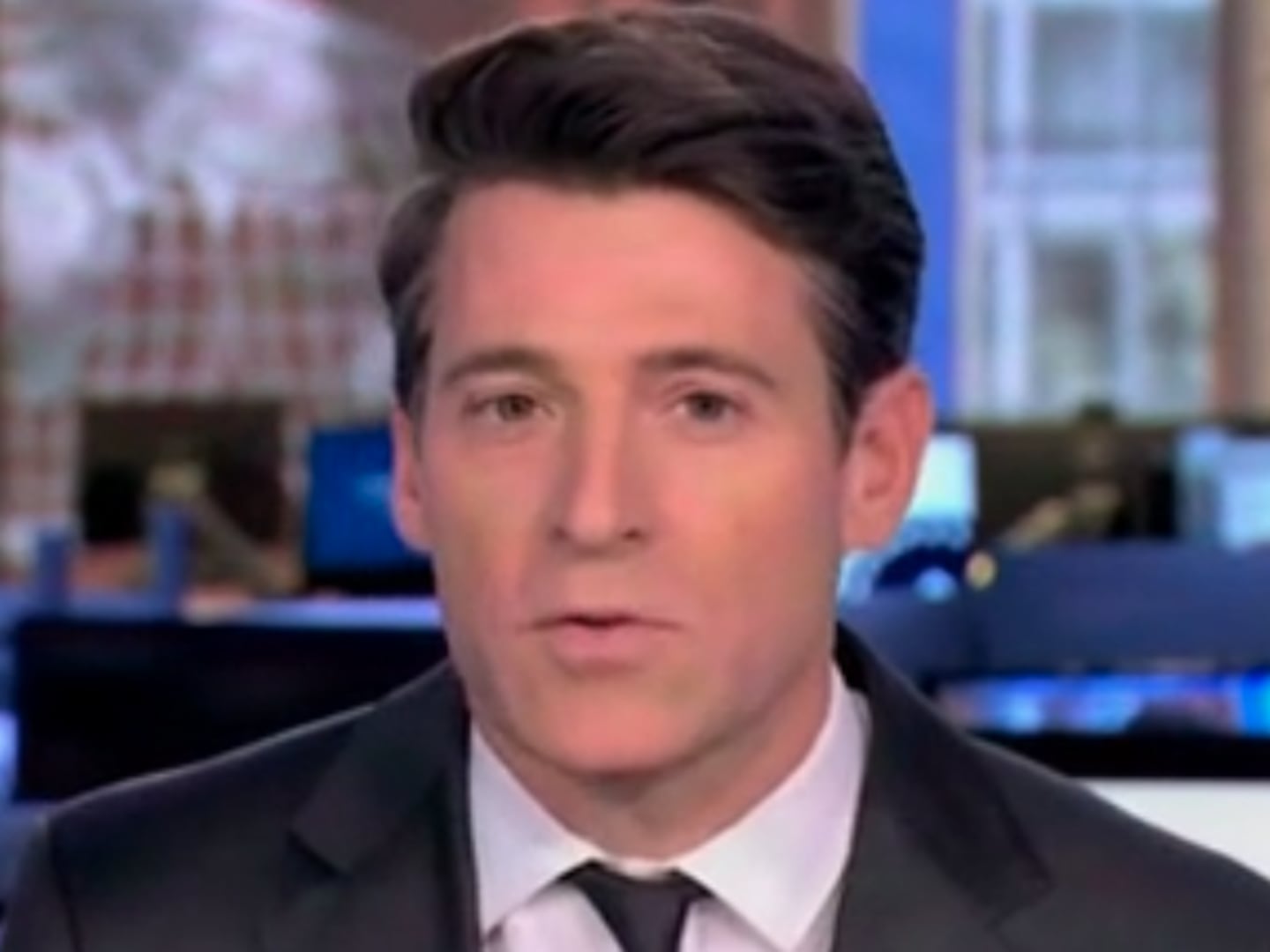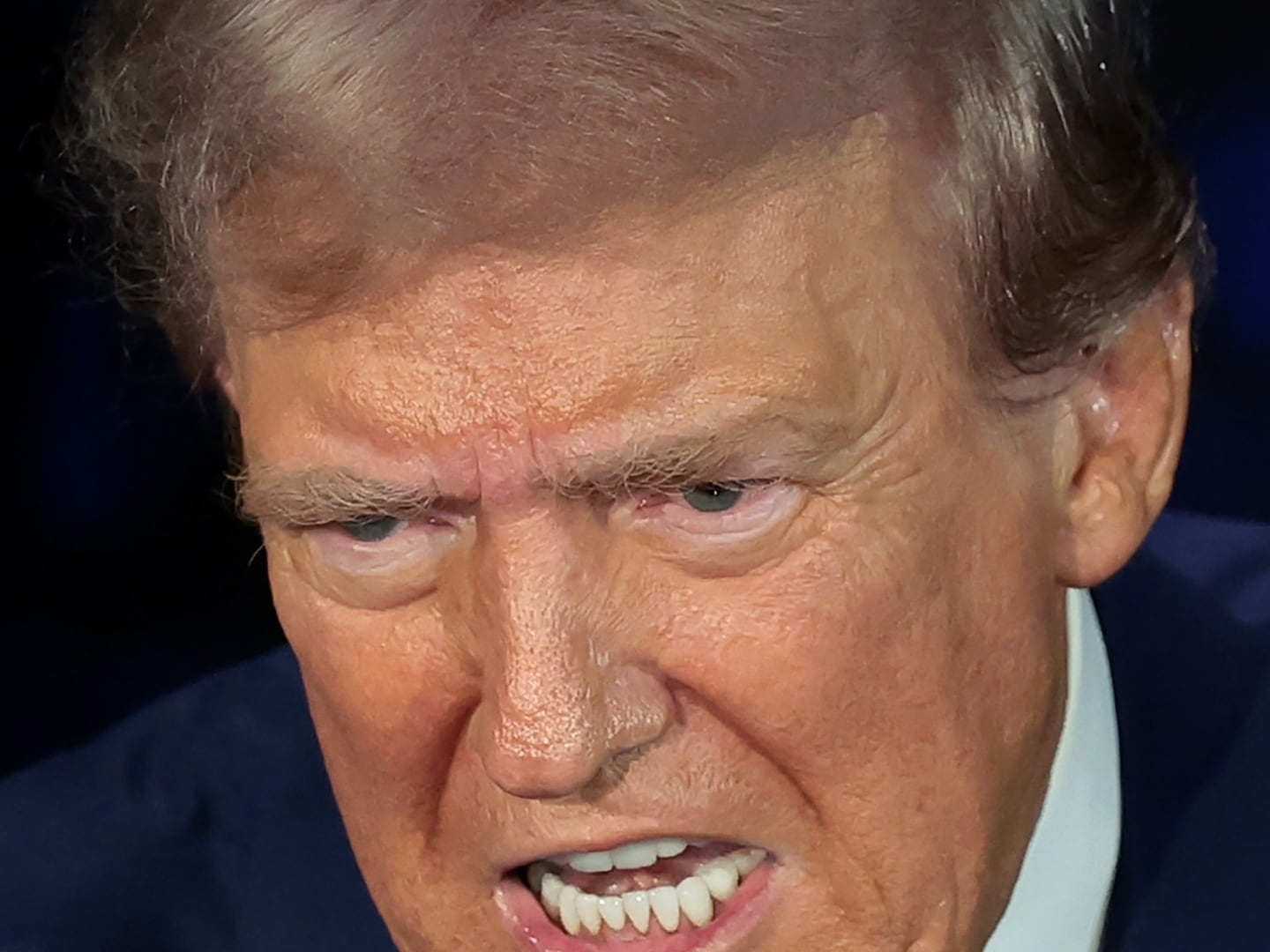
It’s time to give President Obama a break. The press has been all over him for criticizing the Cambridge police after the arrest of Harvard Professor Henry Louis Gates, Jr., on his own property—the media theory evidently being that the president should have waited until he had more facts before commenting.
Well, maybe.
On the other hand, my reaction was the same as the president’s. I, too, am a friend of Professor Gates, and I experienced the same outrage, and expressed it freely to reporters. Was my first reaction too hasty? Possibly. But friends stand up for friends.
And let us not forget: The history of interactions between black men and the police is sufficiently tense that one must be realistic. None of us can be sure how the officers would have reacted had the man they found in the house been white. We can say with assurance, however, that few black people are likely to believe that the response would have been the same.
Professor Gates will be fine, of course. I worry about the many black men who suffer similar indignities, but whose names few of us ever learn. According to the Department of Justice, black men are nearly six times as likely as white men to spend time in prison at some point in their lives. Some blame the criminal-justice system for these figures. But even if we concede, for the sake of argument, the fairness of the system, and thus decide that black men are also six times as likely as white men to commit serious crimes at some point in their lives, America faces an enormous challenge in turning these numbers around.
There was a time, not long ago, when the nation defined itself by its efforts to overcome the scar of race. Nowadays, trendier issues have moved to the fore, but the scar remains, unhealed. We should not allow arguments over what the president should or should not have said to distract us from the moral imperative of healing.
Stephen L. Carter is the William Nelson Cromwell Professor of Law at Yale, where he has taught since 1982. His seven nonfiction books include God’s Name in Vain: The Wrongs and Rights of Religion in Politics and Civility: Manners, Morals, and the Etiquette of Democracy. His first novel, The Emperor of Ocean Park (2002), was a New York Times bestseller. His fourth novel, Jericho’s Fall, was released this month.





